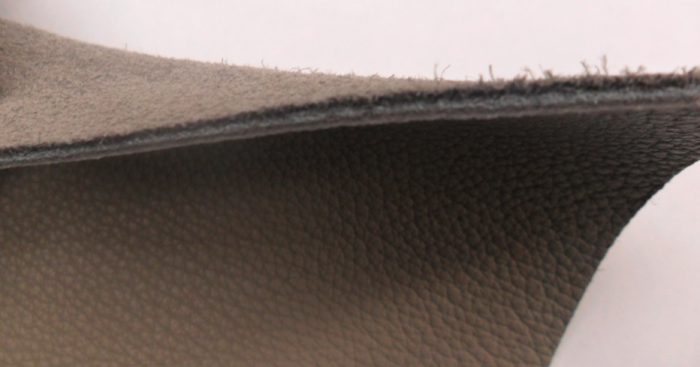The advantages of having leather inspected at the tanneries
July 5, 2017

The leather inspection service was born with Impactiva, so we have endless success stories to tell. We want to bring attention back to it now because we believe it is extremely useful in today’s landscape of consumers’ urge to see-now/get-now combined with e-commerce speed and low-price expectation.
Leather is a beautiful, noble, but not economical material. Our statistics show that we reject at the tanneries an average of 5% of the quantities presented to us for inspection. You can do your own calculations according to the prices you are paying for your leather. Shipping that 5% of out-of-spec leather would entail more shipping costs, re-inspections at the shoe factory, the possibility of a claim with the consequent wasted time in settling it and, what is worse, the risk of the shoe factory actually using that defective leather!
Contrary to what might be thought, the tanneries appreciate our work, they can better understand their client’s expectations, we help set up fair product specifications, and they appreciate not receiving so many claims.
We can also coordinate tanneries with shoe factories so that the incoming leather can go directly to be cut without re-inspections, saving substantial time and labour. Using Impactiva’s Leather QA service with this “Direct-to-cutting” component, our clients achieve a reduction in their footwear manufacturing lead-time of as much as 15 days!
Now, going back to leather defects, we would like to show some pictures of the kind of defect we prevent from reaching your shoes:
Badly trimmed leather (all that is unusable square footage you pay for)
Massive scratches, there is no way to fit a pattern:
Scratches and ticks, what an ugly combination!:

Deep veins: grain can burst when lasting, apart from impairing the aesthetics of the shoe:
Color variation within the same lot (if the client approves different shades, we have them measured and packed separately):
Ticks, when they are clustered they cause a big waste of leather since they can’t be cut into any visible part of the shoe:
Pin holes, can’t go in any visible part of the shoe:
Growth marks: passing the finger over them you can feel the ups and downs when they are really deep:
Grain off, just can’t be used:
Looseness, should definitely be avoided:
Hair not completely removed: usually if you touch it you can even feel the hair!
Machine fold marks, more sq.ft. that can’t be used:
Rib marks, if they are too contrasting the shoe finish won’t dissimulate them:
Not through dyed, if the final product style has raw edges the factory will need to ink all edges, adding labour and materials cost:



























